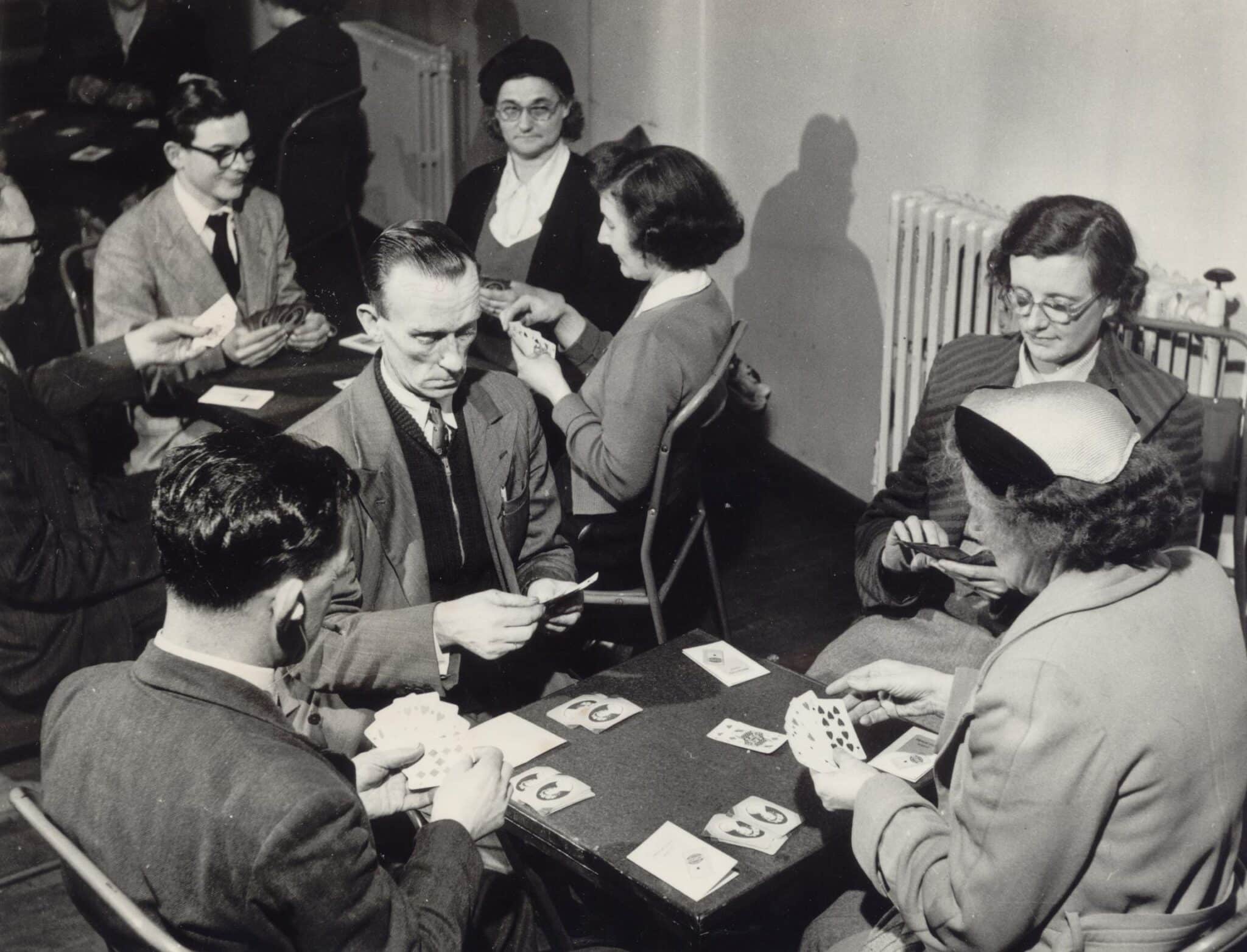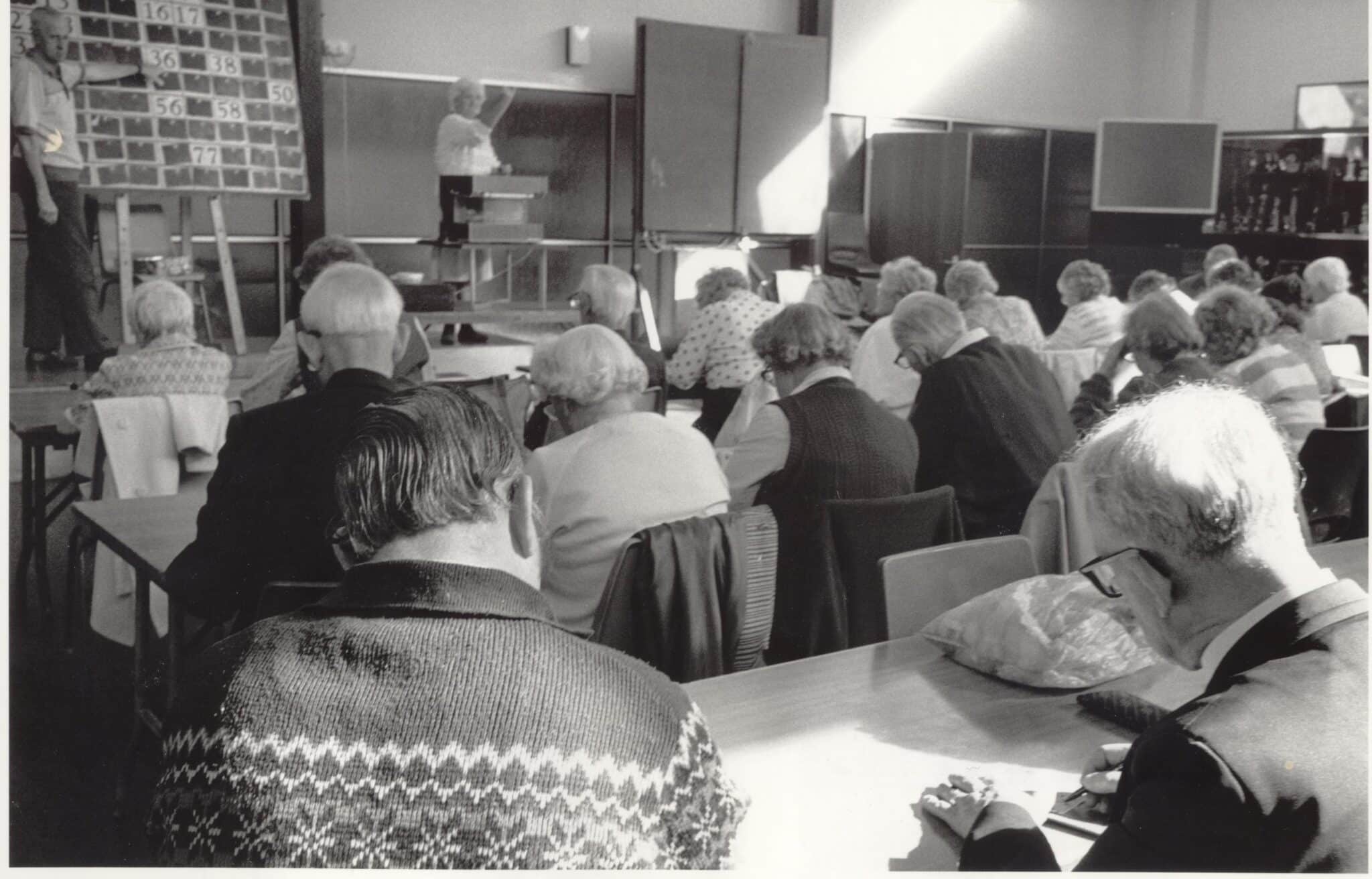During 1872, a charity working in Birmingham called the ‘Birmingham Town Mission’ set up an innovative new outreach service aimed at the ‘deaf and dumb’ community (not a term we would use today!). Mr. W. A. Griffiths, who was Deaf himself, was appointed as missionary. He gave Christian lectures and also began making home visits amongst the deaf community.
This work grew to such an extent that The ‘Birmingham Adult Deaf and Dumb Association’ was formed as a separate charity. Over the next 30 years the association developed and became established, but without a central meeting place. Finally in 1932 enough funds were raised to convert a warehouse and stables in Granville Street, Birmingham as the city’s first Deaf centre.
One of BID’s earliest achievements came in 1952 when it became the first voluntary charity in the UK to establish a contract with a local authority to provide the legally required Social Work service for the deaf community.
By the early seventies, BID was running out of space and needed to move to a new building. The Trustees launched an appeal and funds of £57,000 were raised. In 1973, the offices finally moved from their Granville Street premises into new premises on Ladywood Road, Birmingham.
Further expansion of services meant that in 1998 additional space was required. Premises in Monument Road, Birmingham were leased, which was far from ideal. Through a generous legacy from Hilda Simister in 2001, along with other funds, BID was able to build the UK’s first Deaf Cultural Centre on the same site in Ladywood Road. The Deaf Cultural Centre was opened by HRH the Princess Royal on 10th September 2007 and houses the charity’s head office, as well as The Signing Tree Venue.
Over the years we have evolved, responding to the needs of our local community in Birmingham and those of people living further afield. This has led to the creation of new services in areas outside Birmingham and the development of services for those with sight impairments or who are deafblind. Today we have services across England from Milton Keynes and Lincolnshire all the way up to Cumbria and support people with any type of sensory impairment including those who are d/Deaf, hard of hearing, sight impaired, severely sight impaired or deafblind.










